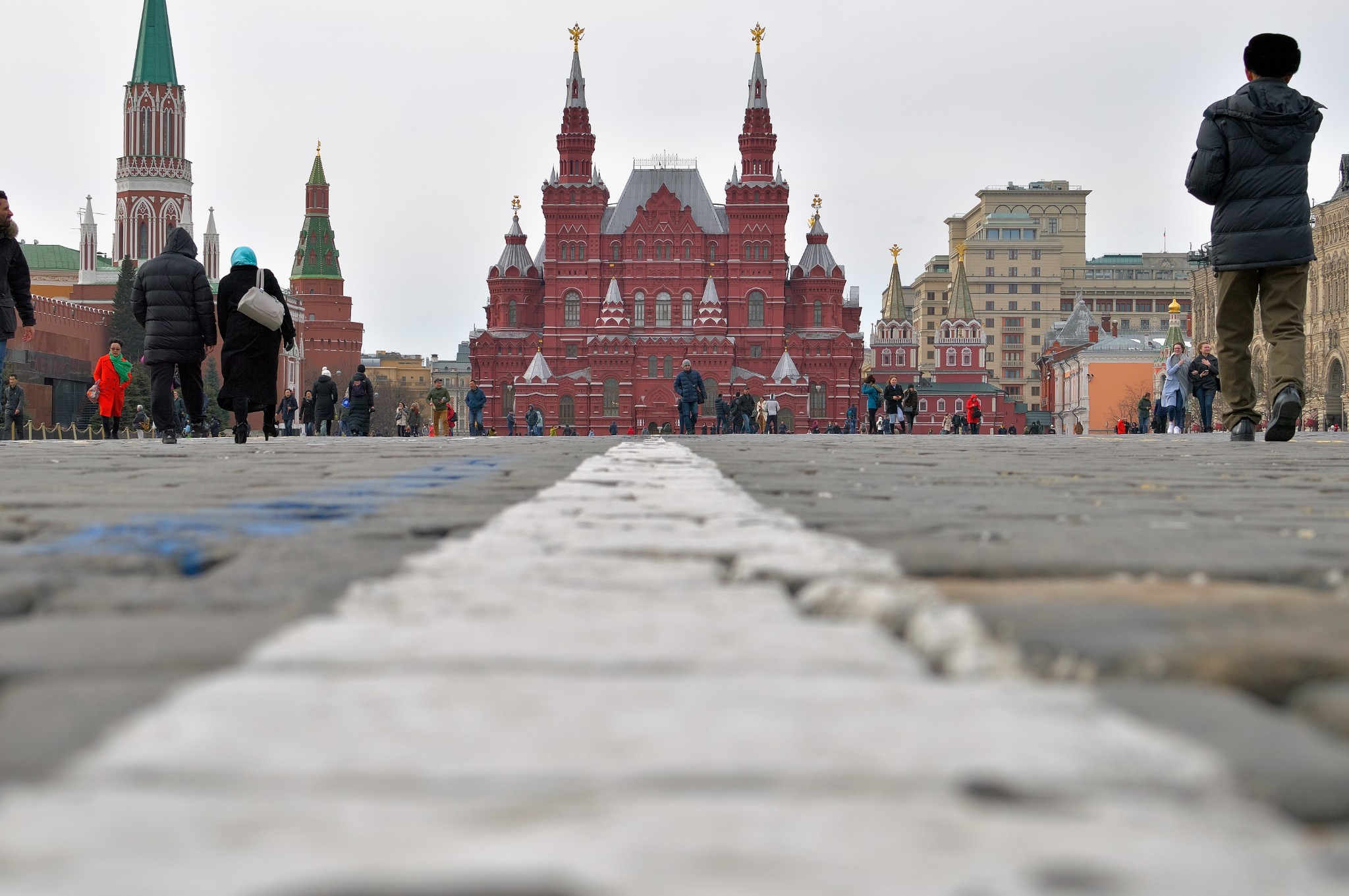 Photo Courtesy: Коля Саныч on Flickr
Photo Courtesy: Коля Саныч on Flickr
Russian Kleptocracy and the Fight Against Corruption
The recent investigation of President Putin’s Palace, violent crackdown on peaceful protestors, and deterioration in EU-Russia relations highlights growing discontent in Russia over corruption. In the run up to his presidency, President Biden made it clear that he would crack down on kleptocracy. He also stated that he would push back against Russian aggression, forgoing the past precedent of trying to reset relations with Russia. Yet beyond the provision to ban anonymous shell companies in the NDAA, Biden has not yet stepped up and pushed for global anti-corruption efforts to counter Russian kleptocracy.
How Kleptocracy Shapes Russia
Kleptocratic regimes seek to prioritize the enrichment and wealth of elites over the state and the general public. In Russia, corruption allows officials and allies of Putin enjoy the ability to steal from the state’s budget, extort from private businesses, and, in some cases, seize profitable businesses. This provides Putin an even greater role in controlling the elites, as he can hold their actions against them in the future if they ever present any opposition. In a kleptocracy, corruption plays a significant role in determining policy. [1]
This can be seen in the case of Mikhail Khodorkovsky, a former oil tycoon. Khodorkovsky was the executive of Yukos, one of Russia’s most successful oil companies. When Khodorkovsky began to push for greater transparency in Russian business, Putin pushed back by having him jailed on politically motivated charges of tax evasion, fraud, and embezzlement. Khodorkovsky’s jailing also allowed Putin to bring the oil company Yukos completely under the control of Rosneft, which is run by Igor Sechin, a close friend of Putin’s. Putin’s kleptocratic regime has allowed him to control Russian elites, jailing them when they run afoul of him, and then redistributing their wealth and assets.
Russian elites can’t engage in kleptocracy without a degree of complicity from countries like the United States, which provide opportunities for such oligarchs to hide their wealth abroad. Russian kleptocracy thrives off globalization by relying on Western banks, real estate, and personnel like lawyers and lobbyists that help facilitate the laundering of stolen assets. Current systems in banks do work to counter corruption, but not enough. The acute focus on terrorism in anti-money laundering (AML) leaves much of the rest of the financial system unguarded. The anonymous purchase of real estate should be banned, as it is a hot spot for anyone to invest money in luxury real estate.
A U.S. response to Russian kleptocracy will require recognizing it as a national security issue. Beyond that, it will require increased funding for anti-corruption and AML efforts, and an increased push for ensuring transparency.
Pushing Back Against Russian Kleptocracy
The Countering Russian and Other Overseas Kleptocracy (CROOK) Act seeks to fund anti-corruption efforts internationally through an action fund, and strengthen rule of law abroad. It has been reintroduced in this Congress, and if passed will represent a clear U.S. commitment to countering kleptocracy.
The introduction in the U.S. Senate of S. 93, the ‘‘Global Magnitsky Human Rights Accountability Reauthorization Act,” would seek to permanently reauthorize the act and bolster the sanctions program. It would broaden the scope to corruption-related offenses and extend potential penalties to family members.
The Hudson Institute’s report on Countering Global Kleptocracy highlights the need to increase funding for anti-corruption efforts in government, and expand the role of the DOJ and the Treasury in assisting such efforts.
Developing a broad response to Russian kleptocracy is pertinent to the U.S.’s national security interests, and requires a whole of government and public approach. More funding for personnel and investigations should be allocated to the DOJ, the Treasury, and to U.S. law enforcement and intelligence agencies involved in the fight against Russian kleptocracy. The U.S. should also work to raise awareness about kleptocracy and corruption, by passing the Kleptocrat Exposure Act and the Justice for Victims of Kleptocracy Act.
The U.S. is responsible when it comes to clearing up corruption in its own backyard and preventing Russian elites from using its lax laws to hide their wealth. The Biden administration should prioritize anti-corruption and its ties to national security as a pertinent issue, and pass the necessary laws and funding to do so. Russian kleptocracy remains a prescient issue, and in order to address it, the U.S. and other countries should do what they can to restrict the domestic practices and actors that enable it.
[1] Lanskoy, M., & Myles-Primakoff, D. (2018). The Rise of Kleptocracy: Power and Plunder in Putin’s Russia. Journal of Democracy 29(1), 76-85. doi:10.1353/jod.2018.0006.





